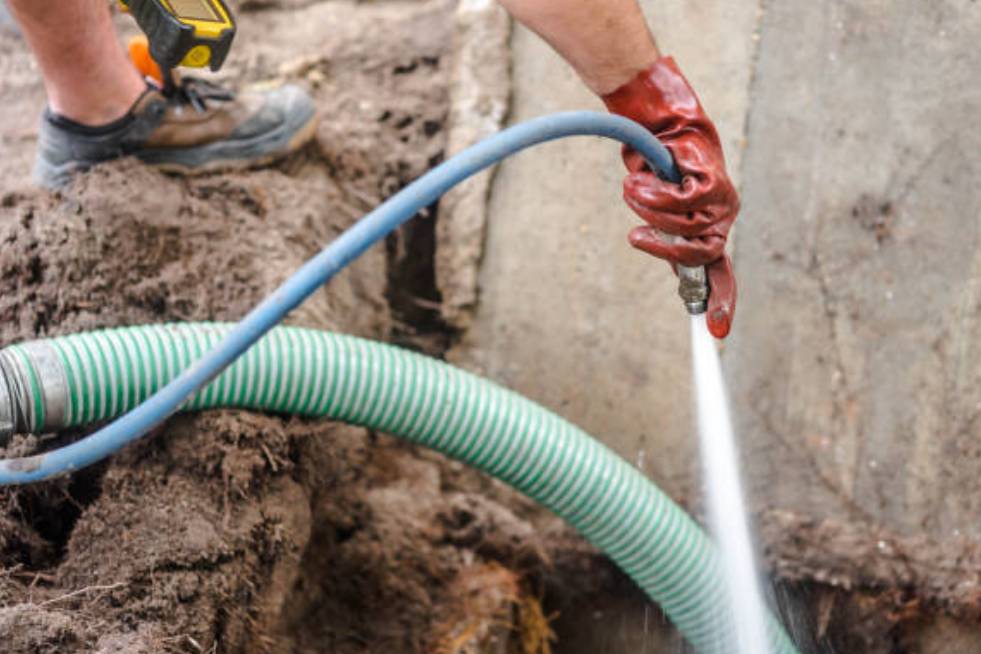Living in Virginia with a septic tank system requires specific maintenance practices to ensure its smooth operation and protect your property and the environment. While general septic tank care guidelines exist, local regulations, climate conditions, and soil types in Virginia add unique considerations.
Understanding Virginia Septic Tank Regulations:
- Permits: Obtaining the necessary permits for installation, maintenance, and repairs is crucial. Contact your local health department or local Septic Service Company for regulations and permits specific to your county. Great Falls Septic can assist you with this process.
- Pumping Frequency: Virginia regulations require pumping every 3-5 years, depending on tank size and household usage. Consult your local health department or a qualified septic tank service provider for recommendations. Great Falls Septic can also provide valuable assistance with this process.
- Inspections: Regular inspections by qualified professionals are essential to identify potential problems early. Virginia law mandates inspections upon property sale or transfer.
Impact of Virginia’s Climate on Septic Tanks:
- Heavy Rainfall: Virginia experiences significant rainfall, potentially leading to wastewater overflows and soil saturation. Regularly monitoring tank levels and ensuring proper drainage are important.
- Freezing Temperatures: Winter months can cause freezing in pipes and components. Adding insulation and taking preventive measures before winter are crucial.
- Spring Thaw: The rapid melting of snow can overload the system. Limiting water usage during this period and ensuring proper drainage are critical.
Soil Composition and Septic Tank Performance:
- Clay Soil: Clay soils impede drainage, requiring more frequent pumping and potentially needing alternative systems like sand filters or mounds.
- Sandy Soil: Sandy soil drains quickly, potentially allowing contaminants to pollute groundwater. Regular inspections and proper system maintenance are crucial.
- Rock Formations: Rocky areas can hinder proper installation and drainage. Consulting a professional for system design and installation is vital.
Additional Recommendations for Virginia Homeowners:
- Use water-efficient appliances and fixtures to minimize wastewater flow.
- Avoid flushing harmful substances like grease, oils, and medications.
- Plant trees and shrubs away from the septic system to prevent root intrusion.
- Maintain a healthy lawn and avoid over-watering to promote proper drainage.
- Choose eco-friendly cleaning products to minimize environmental impact.
- Partner with a qualified septic tank maintenance provider for regular inspections, pumping, and repairs. Great Falls Septic is a trusted Virginia Septic Service provider and has been providing septic services for Northern Virginia since 1953!
By understanding and addressing the unique factors affecting septic tanks in Virginia, homeowners can ensure their systems function properly and protect their environment. Remember, neglecting proper maintenance can lead to costly repairs and environmental damage.
Note: This blog provides general information and should not be considered a substitute for professional advice. Always consult your local health department and a qualified septic tank service provider for specific recommendations and regulations relevant to your property.


